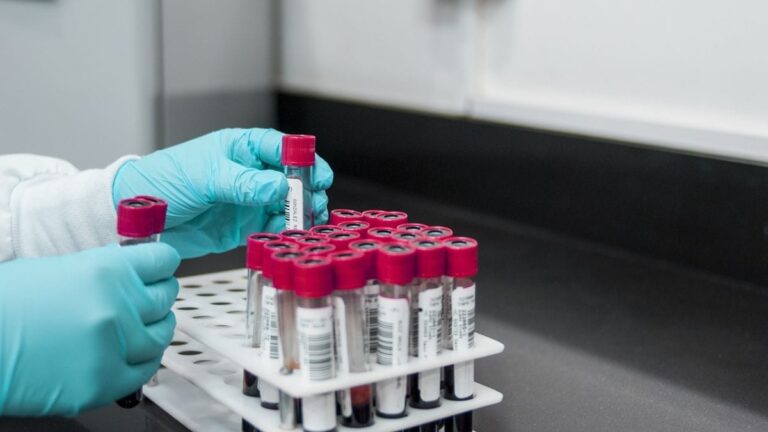On Monday, 11 deaths were recorded, taking the total number of deaths to 108. While seven of these deaths were from Kerala, one each occurred in Delhi, Maharashtra, Chhattisgarh and Madhya Pradesh
read more
Covid-19 death toll in India has crossed the 100-mark, with most fatalities reported in Kerala, which has been worst affected by the recent wave of cases.
On Monday, 11 deaths were recorded, taking the total number of deaths to 108. While seven of these deaths were from Kerala, one each occurred in Delhi, Maharashtra, Chhattisgarh and Madhya Pradesh.
The seven victims from Kerala were all over 60 and had underlying health conditions, including cancer, pancreatitis, kidney disease, and pneumonia. The victim from Delhi was a 67-year-old man with a history of lung cancer.
Kerala currently has the maximum number of active cases at 1,920, followed by Gujarat at 1,433, Delhi at 649 and Maharashtra at 540.
The current surge in cases is suspected to be driven by the emergence of new coronavirus sub-variants capable of evading immunity from previous infections and vaccinations. However, experts note that these variants are not causing severe symptoms.
The subvariant JN.1 is making up 16.3 per cent of sequenced cases in the epidemiological week ending February 2. Authorities in Singapore have reported that two JN.1 descendant lineages, LF.7 and NB.1.8, now account for over two-thirds of locally sequenced cases. However, they clarified that “there is no indication that the variants circulating locally are more transmissible or cause more severe disease compared to previously circulating variants.”
While the rampant spread of the virus has been kept in check for a long time, SARS-CoV-2, the virus responsible for Covid-19, has not disappeared entirely. Earlier this month, when a rise in cases was being reported in Singapore, authorities said that periodic waves of Covid-19 can be expected throughout the year.



















